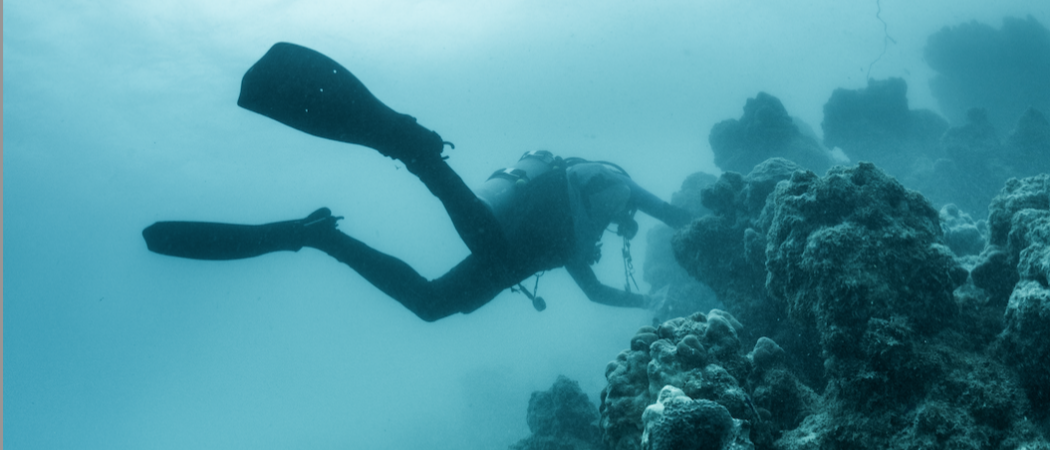The Coral Research and Development Accelerator Platform (CORDAP), a G20 initiative, has released a three-year strategic plan to boost research that aims at helping secure a future for corals and reefs in the face of climate change and other environmental pressures.

Tropical and deep-water corals are essential for the oceans’ biodiversity and human wellbeing. Yet, more than two-thirds of the world’s tropical coral reefs have been lost due to human activity, with most of the remaining third likely to decline in the decades to come. Established in 2020, CORDAP’s mission is to bring together the best minds around the world in a trans-disciplinary approach, to accelerate international research and development to supply the next generation of technologies and innovations required to secure a future for corals and reefs.
The 2022-2025 strategic plan sets out how CORDAP will develop and deliver a number of targeted research funding programs. As the only international research programme of its kind, its open-source platform model will allow anyone to advance and use the technologies developed through its programs for coral restoration. CORDAP research is committed to being trans-disciplinary, equitable and inclusive and will strive for efficiency. CORDAP will partner with other R&D programmes and strongly focus on translating R&D into real on-coral impact. It will rely on voluntary contributions to fund its research programmes, with all of the international funding received going directly to its R&D projects.
The strategic plan identifies and details six project types: novel R&D projects, projects improving or scaling up existing restoration activities, translation R&D, scoping and planning studies, foundation science to support restoration implementation, capacity building and local implementation models. CORDAP will also consider funding for proposals that will require further planning before direct projects may be effective, as well as for projects that will require a broader suite of research and engagement before they are impactful. To maximise innovation and diversity of thinking, CORDAP’s calls for proposals will be open to all submissions within its scope and funding criteria.
There is still time to save coral reefs
“The window of opportunity to secure the future of our tropical coral reefs and deep-water corals is shrinking quickly. However, the good news is that many of the world’s tropical corals remain resilient and respond to active stewardship, which will help drive their recovery,” David Mead, CORDAP Scientific and Advisory Committee Chair, commented. “While advancing the next generation of science and technology needed to steer this stewardship, CORDAP will also increase support for and complement the vital existing work being carried out at national, regional and international levels.”
CORDAP’s open-source platform will play an essential role in enabling solutions to conserve and restore corals and reefs to be used at a much broader and accelerated scale than many of the typically localized and small-scale intervention methods currently in deployment.
“We hope to issue our first call for proposals in the summer of this year. Respondents will initially submit short concept notes, which, if selected, will be the basis for full proposal submissions that will be assessed by independent experts before being evaluated by our Scientific and Advisory Committee,” said Professor Anastazia Banaszak, CORDAP Scientific and Advisory Committee Vice-Chair. “Innovation is critical to filling what remains a sizeable gap between existing and required capabilities, and we will be looking for ideas that create impact.”
The strategic plan was developed by CORDAP’s Scientific and Advisory Committee, an international group who are responsible for developing and updating the strategic direction of research, as well as designing and directing the research and development programme, which is then approved by CORDAP’s Initiative Governing Committee. The master lines of the Strategic Plan will also be presented at the forthcoming UN Oceans Conference in Lisbon and discussed with coral scientists at the forthcoming ICRS conference in Bremen.
To discover more about CORDAP and the six investment categories, download the full Strategic Plan for 2022-2025





 A unique international forum for public research organisations and companies to connect their external engagement with strategic interests around their R&D system.
A unique international forum for public research organisations and companies to connect their external engagement with strategic interests around their R&D system.